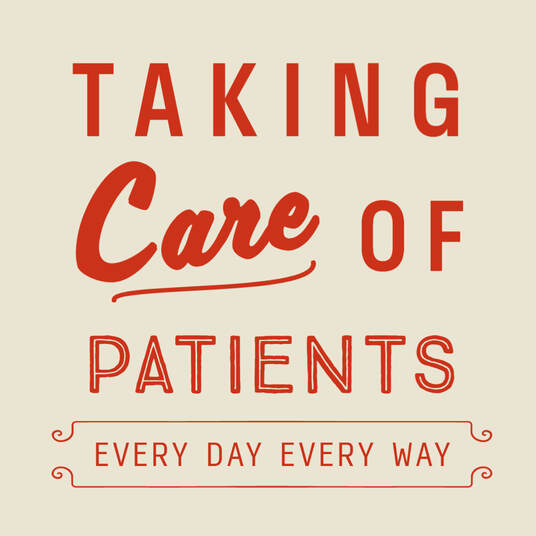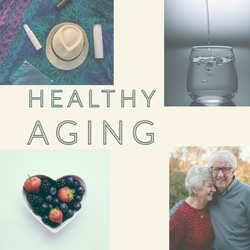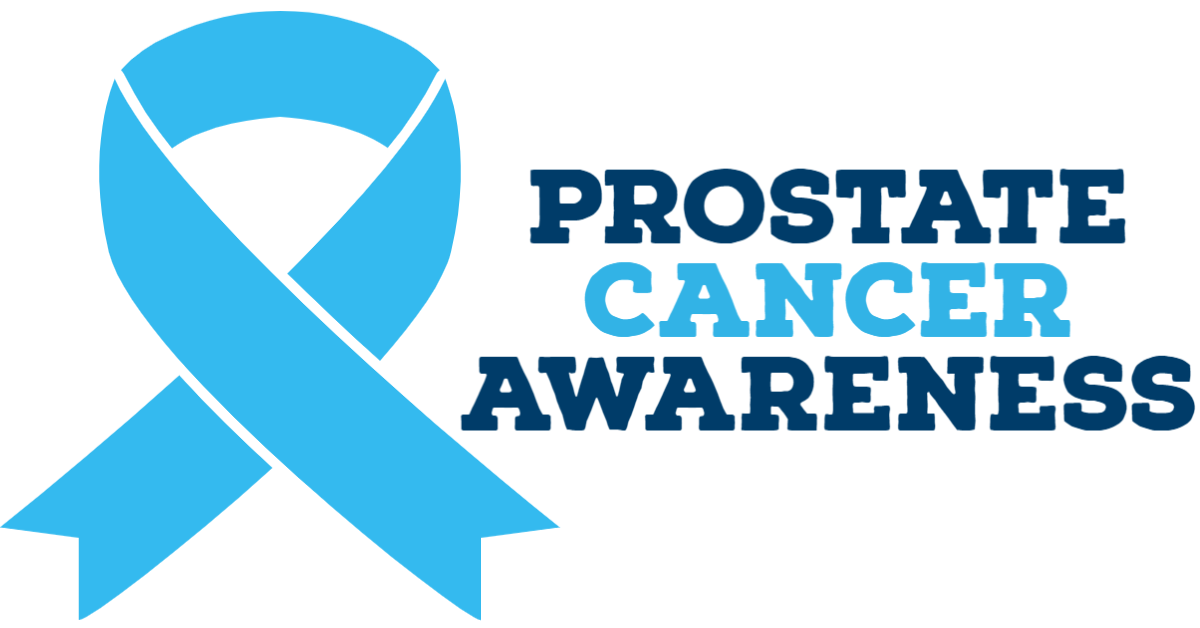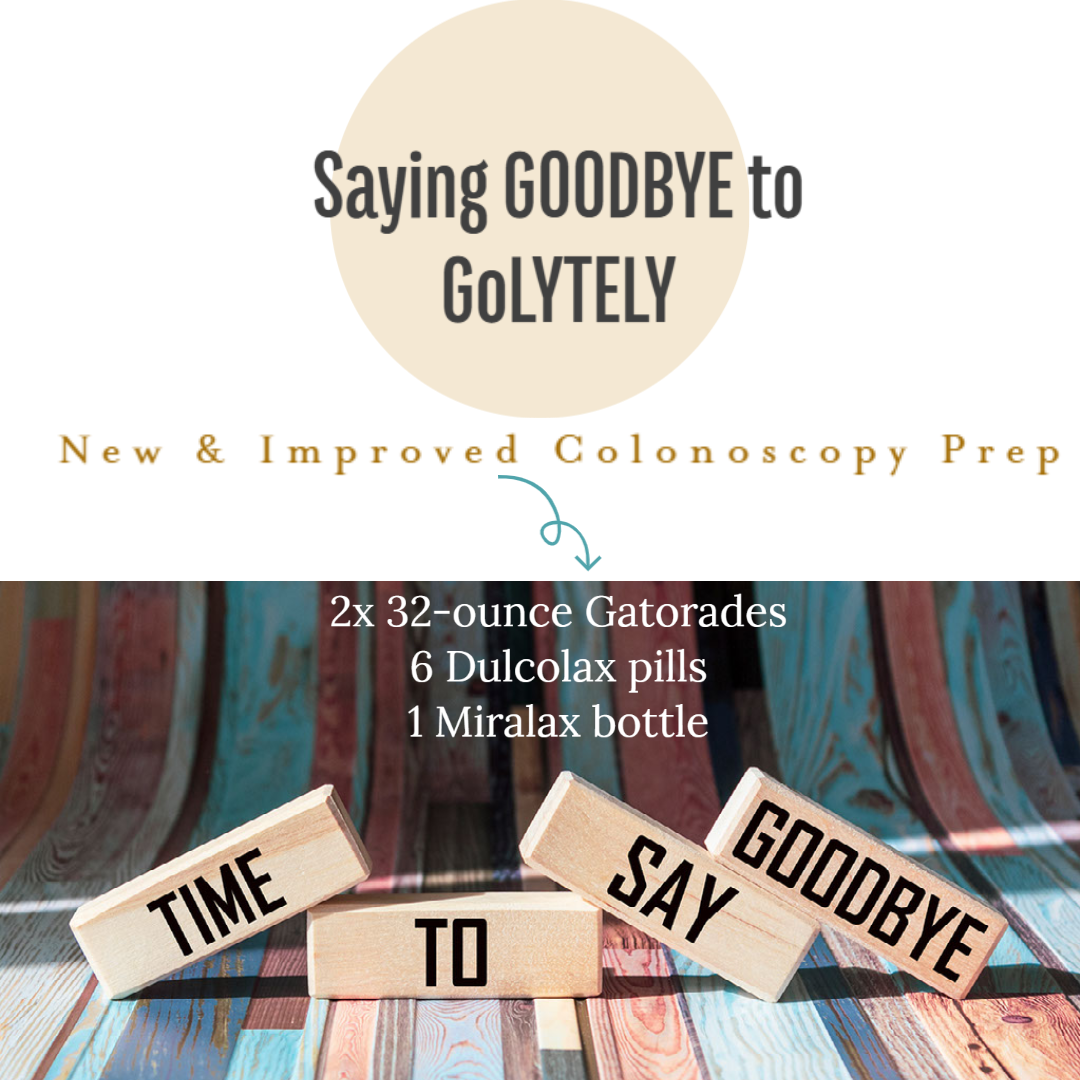Hours: |
| Thyroid cancer occurs 3x more often in women than in men. Most women are diagnosed in their 40s & 50s while men are usually diagnosed in their 60s or 70s. Family history, radiation exposure, being obese, and those who’s diets are low in iodine (usually added to salt), have a higher risk of developing thyroid cancer. Most cases of thyroid cancer can be found early and therefore treated more successfully. Symptoms of thyroid cancer include a lump in the neck, neck swelling, neck pain, hoarseness in the voice that does not go away, trouble swallowing and breathing &/or a constant cough | Prostate cancer is the most common non-skin cancer among men & the second leading cause of death. OVER 240,000 men are diagnosed each year. It often shows no early symptoms; advanced prostate cancer symptoms include of burning or difficulty when urinating, difficulty holding back urination, frequent urge to pee, blood in urine or semen, pain in lower back, pelvis, or hips or difficulty having an erection. Due to effective screening options (PSA Blood Tests) for prostate cancer, survival rates are high. In order to lower your risk, you should eat plenty of fruits/veggies and less red meat, decrease fat intake, tell your doctor about supplements you take that can decrease PSA levels, EXERCISE REGULARLY, avoid smoking tobacco, drink alcohol in moderation, maintain healthy weight, & get screened yearly! |
1 Comment
Archives
March 2024
February 2024
July 2023
June 2023
May 2023
March 2023
February 2023
January 2023
November 2022
October 2022
August 2022
July 2022
May 2022
March 2022
February 2022
November 2021
October 2021
August 2021
July 2021
May 2021
April 2021
March 2021
February 2021
January 2021
December 2020
November 2020
August 2020
July 2020
June 2020









